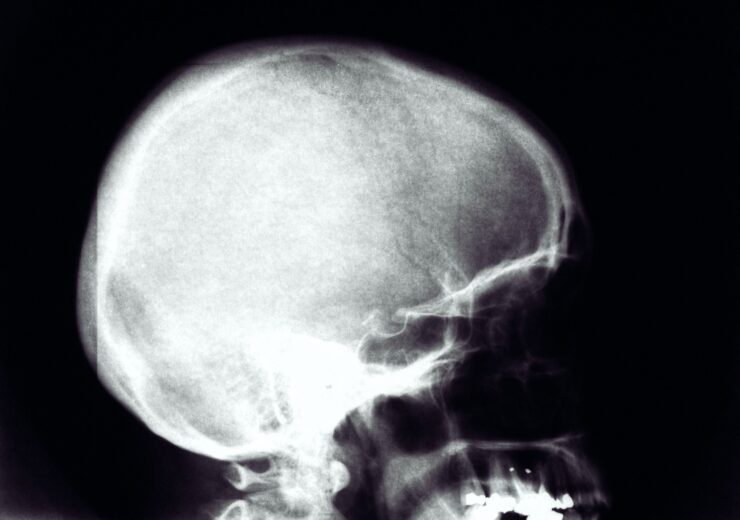The 20-patient pilot study is intended to assess the efficacy and safety of the biomaterial in fast stabilisation and fixation of cranial flaps after craniotomy procedures associated with brain surgery

The FDA has granted approval to RevBio for conducting first-in-human trial of the Tetranite adhesive. (Credit: Risto Kokkonen on Unsplash)
US-based RevBio has received the US Food and Drug Administration (FDA) approval to begin a first-in-human (FIH) clinical trial for Tetranite, its regenerative bone adhesive designed for cranial flap fixation.
Tetranite is a patented, synthetic, self-setting, injectable, and osteoconductive bone adhesive biomaterial.
The 20-patient pilot study is intended to assess the efficacy and safety of the biomaterial in fast stabilisation and fixation of cranial flaps after craniotomy procedures associated with brain surgery.
It will also evaluate the probable benefit of the bone adhesive during replacement of the use of metal plates and screws.
The trial will be conducted by Timothy Smith, Computational Neuroscience Outcomes Center director and practicing neurosurgeon at Brigham and Women’s Hospital in Boston, Massachusetts, and by L Michael, a practicing neurosurgeon at the Semmes Murphey Clinic in Memphis, Tennessee.
Smith said: “We are looking forward to evaluating the efficacy of the product that could provide immediate, rigid fixation that would be preferable to existing plates and screws, which are the current standard of care.
“We’re excited at the potential that this product could provide a biological adherence between the bone flap edges and the skull, as well as an architecture for osteogenesis over time and look forward to the results of the clinical trial.”
The FDA’s approval for the trial was based on the positive results from the pivotal preclinical and surgeon handling testing that was conducted by the American clinical stage medical device company.
In preclinical testing, Tetranite has shown its ability to fill the missing bone, protect the site from infection, and is resorbed and replaced with bone over time, according to RevBio.
It helps in cranial flap fixation by removing the need for hardware fixation products and offers a more natural solution.
RevBio said that the adhesive promotes bone healing, improves the conformal contour of the skull, and acts as a sealant to prevent cerebrospinal fluid (CSF) leaks.
RevBio CEO and founder Brian Hess said: “We are truly excited to move this project into the clinical phase of testing.
“We envision that the use of Tetranite will become the standard of care given all the benefits this biomaterial can provide in comparison to traditional plates and screw systems.”
The company is initially developing the Tetranite technology for use in the dental, cranial, and wider orthopaedic markets in addition to the animal health industry.
